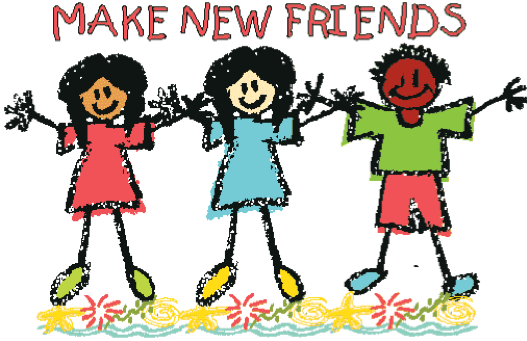FRANCES’ SOCIAL SKILLS+
Parties, playdates, family gatherings.
For many kids, these are fun social events. But not all kids like socialising. Some feel anxious in social situations. Some would rather play quietly by themselves, stand back and watch others for a while, or disappear into a book.
If your child isn’t very social, you may wonder if it’s simply a matter of personality. That’s one possibility. Like adults, there are kids who just prefer being in their own company and don’t need a lot of social interaction.
But for some kids, spending time alone isn’t just a preference. It’s the result of having trouble with social skills. They want to interact, but when they do, it doesn’t go well. They might struggle to make conversation, seem out of sync, or behave in a way that turns off other kids.
Social Skills + is a new Social Skills group running from the Sonas Play Therapy Centre in Youghal.
It offers regular, personalised social skills groups for a max of 8 children. There are currently 2 groups available, 6-8-year old’s and 8-10-year olds.
You can have a free initial consultation with Frances to talk about your child’s needs and to assess personal fit.
Frances can then assess which path would suit your child best; it may be that they need some 1:1 sessions before joining a group, or can join a group suitable to their needs.
What are social skills groups?
Social skills groups are small groups (typically two to eight kids) led by an adult who teaches the kids how to interact appropriately with others their age. They can help kids learn conversational, friendship and problem-solving skills. They can also be useful in teaching kids to control their emotions and understand other people’s perspectives.
How do social skills groups work?
Maybe the kids in the group have trouble starting a conversation—or keeping one going. Or perhaps they don’t understand body language. The group facilitator leads kids through exercises to learn the skills needed to deal with whatever social challenge they’re facing. Most of these meetings include a chance for kids to role-play or practice social skills—and to get feedback on how they’re doing.
What are the benefits of social skills groups?
Kids can learn important skills that they’ll use the rest of their lives. This includes learning how to:
– Greet others
– Start a conversation
– Respond to others
– Maintain a conversation
– Share and take turns
– Ask for help
Which children can benefit most from social skills groups?
Social skills groups are best for kids who aren’t developing social skills as quickly as their peers. It may include kids with Autism, who may have trouble picking up on social cues, like body language, tone of voice and facial expressions. It may also include kids with social communication challenges.
So, what is the + for?
Frances’ programme includes Sensory Processing Work before the work on Social Skills begins, it is important that the children are regulated and ready to work together.
The session begins with a visual schedule being created so that all of the children know what to expect. This alleviates any anxieties the child may have when joining a new group.
Visual are an important aspect of the programme and Frances uses these to reinforce the rules of the group and to explain social situations.
At the end of the sessions, Frances uses some meditation techniques suitable for children
At its most basic, meditation gives young children the feeling of being quiet and still. It gives them time to breathe and imagine, and lets them know that it is okay to have feelings. In fact, through meditation children learn that it is okay to be whoever they are and feel whatever they feel.

